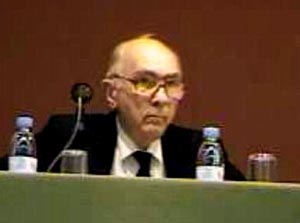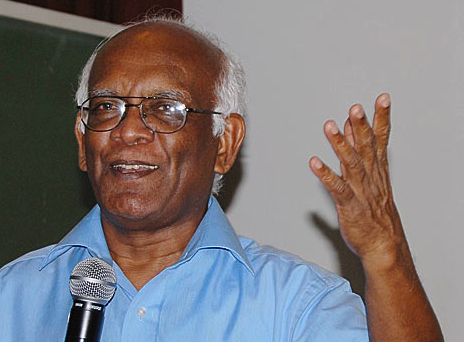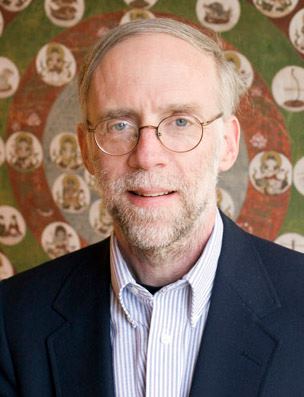 |
| Fr. Paolo Dall'Oglio, S.J. |
Father Paolo Dall'Oglio was abducted by an "Al Qaeda-linked militant" in Syria in July 2013, and was believed to still be alive.
However, according to Mid East Faces, "ISIS defector" Abu Mohammad Assuri indicates Father Paolo was shot 14 times and "killed right after his capture."Father Paolo's death was first reported "by Tahrir Souri, a Syrian opposition website," and "was immediately confirmed by the Syrian League for Human Rights." The Syrian League for Human Rights named defector Assuri as an eyewitness to killing. There were "at least 1,213 cases" of Christian persecution reported in Syria alone last year, where "10 percent of [the people] are Christians." Many of these "have become targets for Islamist groups who believe Christians are supporters of President Bashar al-Assad."
Link (here) to Brietbart
































